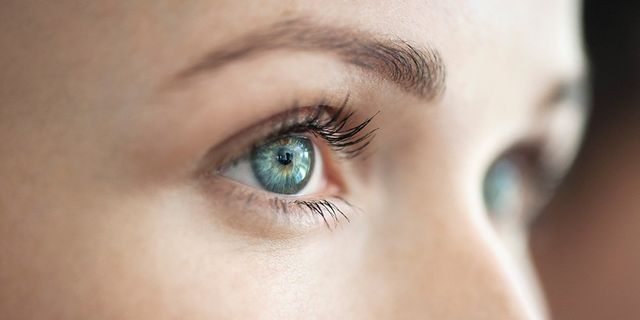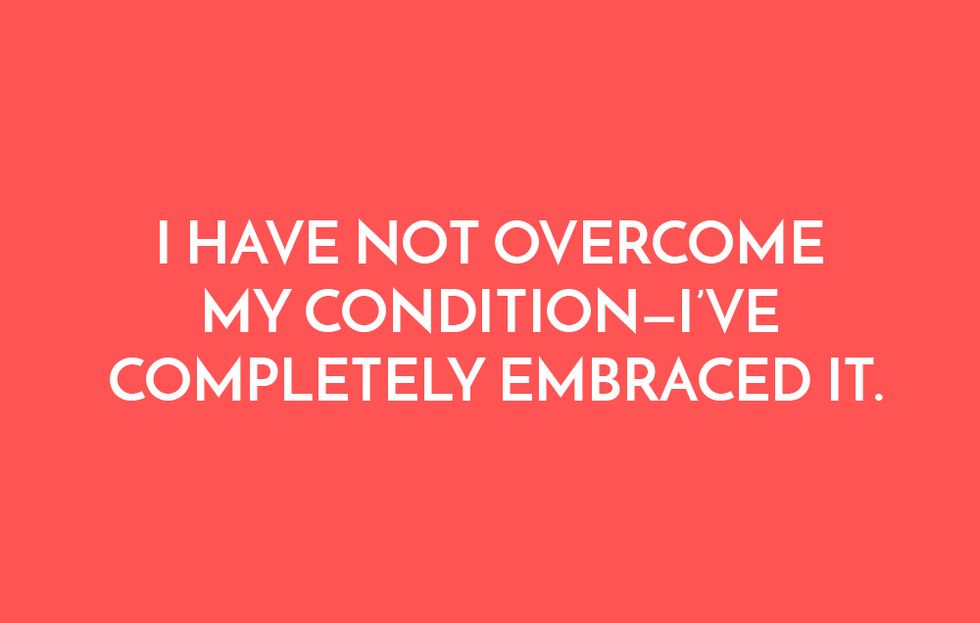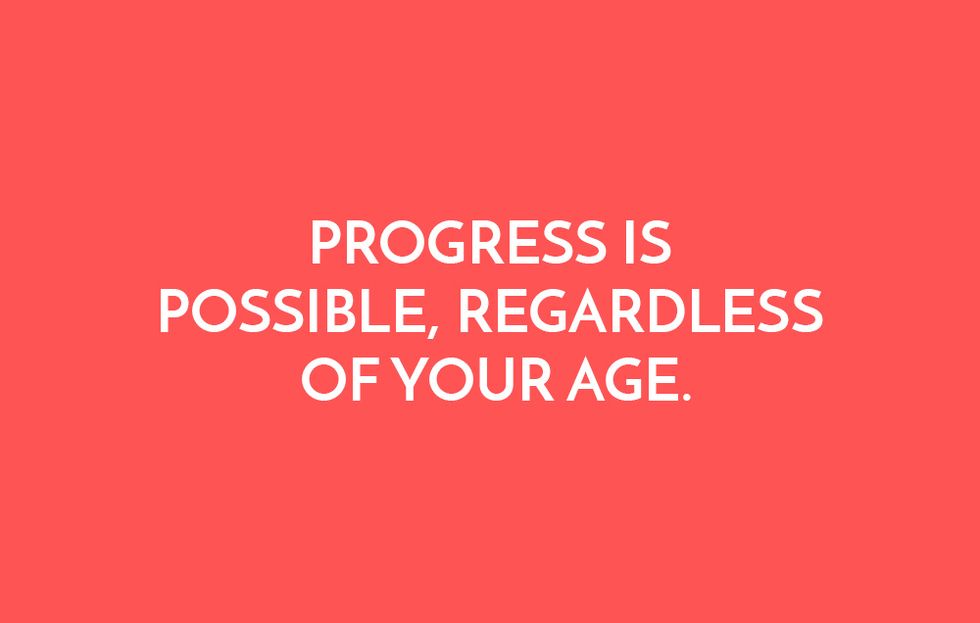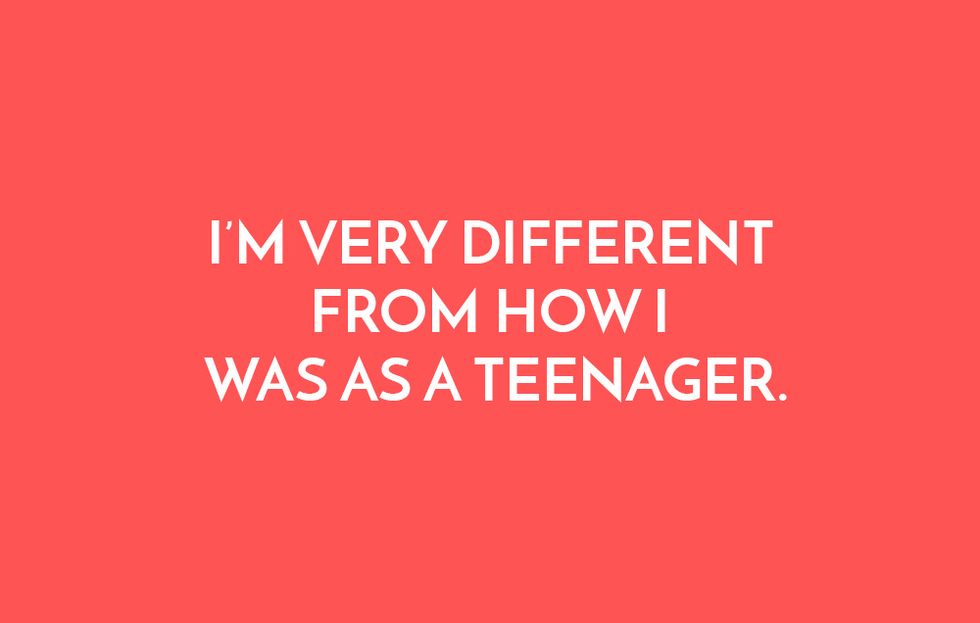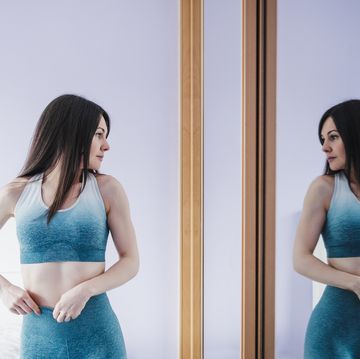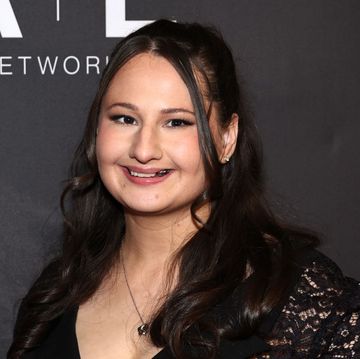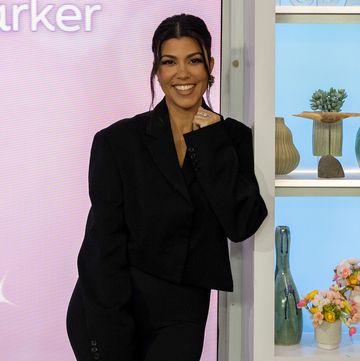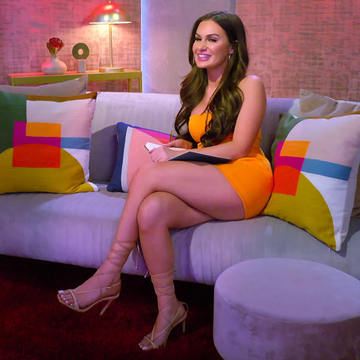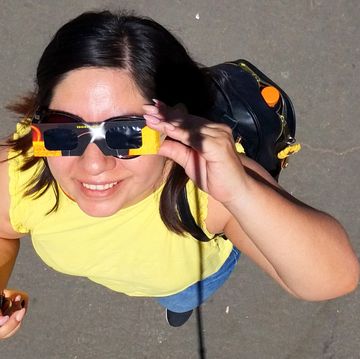'I'm An Autistic Adult—Here's What I Want You To Know'
Three women share how they learned to live (and thrive) with autism.
If someone asked you, “What is autism?” would you be able to give an accurate description? Most people have heard of autism or are familiar with the term “on the spectrum,” but autism spectrum disorder is often widely misunderstood. And while the Centers for Disease Control estimates that one in 68 children has autism spectrum disorder, it’s rare to hear stories from adult women with autism. (The disorder is almost five times more common in boys than girls.)
The great news? Women with autism want to shed light on what it’s really like to live with this condition—and what they wish others understood about it. Don’t take it from us—take it from these three women who are living (and thriving) with autism.
Watch Next

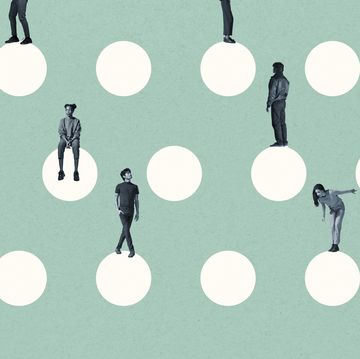
What Is TikTok’s Dangerous ‘Blackout Challenge’?

Olivia Munn's Luminal B Breast Cancer Diagnosis
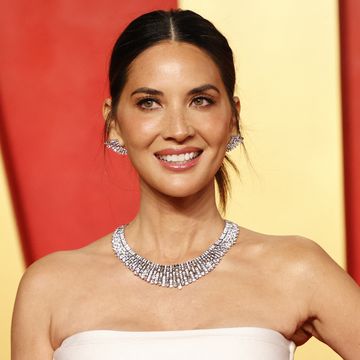
Olivia Munn Is In Medically-Induced Menopause
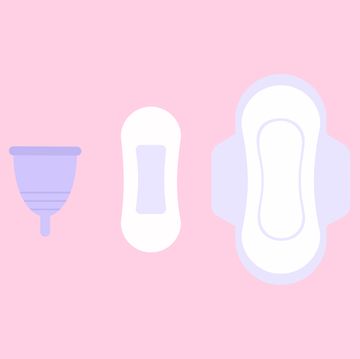
8 Potential Reasons Why Your Period Came Early
